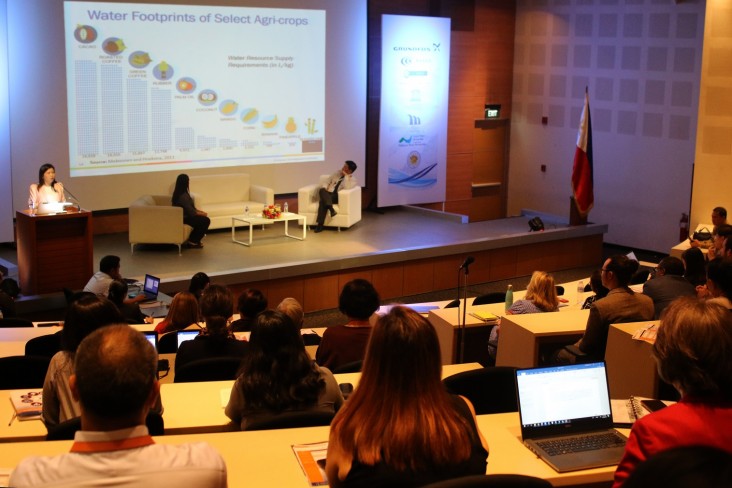Speeches Shim

[As Prepared]
[Greetings]
I represent the United States Agency for International Development, commonly known as USAID. USAID is the lead U.S. government agency for international development and disaster assistance.
I am honored to be part of WaterLinks Forum 2018, especially with this year’s timely focus on “Solving Asia’s Urban Water-Food-Energy-Climate Change Nexus.”
Today’s event provides an excellent opportunity for managers and policy makers from more than 20 countries to collaborate on sustainable solutions to the water challenges of urban Asia.
As we know, water is a crucial resource for every country in the world. Water is essential to health, well-being and development. Globally, more than 2 billion people lack access to safe drinking water and about 4.4 billion people lack access to proper sanitation. Inadequate water and sanitation is the leading cause of disease and death worldwide.
Extreme climate variations further exacerbate the problem, putting even more pressure on limited water resources.
As U.S. President Donald Trump said recently in the launch of the first-ever U.S. Global Water Strategy, “Water may be the most important issue we face for the next generation.”
Indeed, water is and will always be a vital natural resource that lives depend on, as well as a key input to economic growth. This is why USAID works to save lives and advance development through improvements in water supply, sanitation and hygiene, and through sound management and use of water for food security.
While the Philippines continues to make significant gains in expanding water access, more work remains to address the country’s vulnerability to extreme weather variations — such as prolonged droughts, sea level rise and intensifying typhoons.
And with expanding irrigation as a key component in the current administration’s socioeconomic strategy, we can expect the demand for water to grow even higher.
To address these issues, USAID has a strong, longstanding partnership with the Philippine government and private sector to expand access to the water supply and sanitation for all Filipinos.
Through our USAID’s Cities Development Initiative, we partner with cities outside Metro Manila to increase access to improved water and sanitation services — a key component to these cities fulfilling their potential as engines of inclusive, environmentally sustainable and resilient growth.
Between 2013 and 2017, our shared work enabled 1.8 million more Filipinos to gain access to clean drinking water.
USAID is also working the National Water Resources Board, the Mindanao Development Authority and other key government agencies to assess tradeoffs of water, energy, food and land use in Mindanao.
The information generated from this assessment will serve as a tool to craft a national policy that will make water resources more efficient for the energy and agriculture sectors. The results will also help boost investments in the water sector.
As populations grow further in urban areas and beyond, the water-food-energy-land use nexus will indeed be a critical development challenge in the coming years.
But I am also confident that with robust collaboration and evidence-based strategizing, we can advance toward a more sustainable future.
I would like to thank our partners for contributing their time and expertise today. We share your commitment to provide lasting solutions to the water crisis that we face.
The U.S. government will continue to work shoulder-to-shoulder with you and our partners toward a healthier, safer and more prosperous region and world.
Congratulations and mabuhay!

Comment
Make a general inquiry or suggest an improvement.